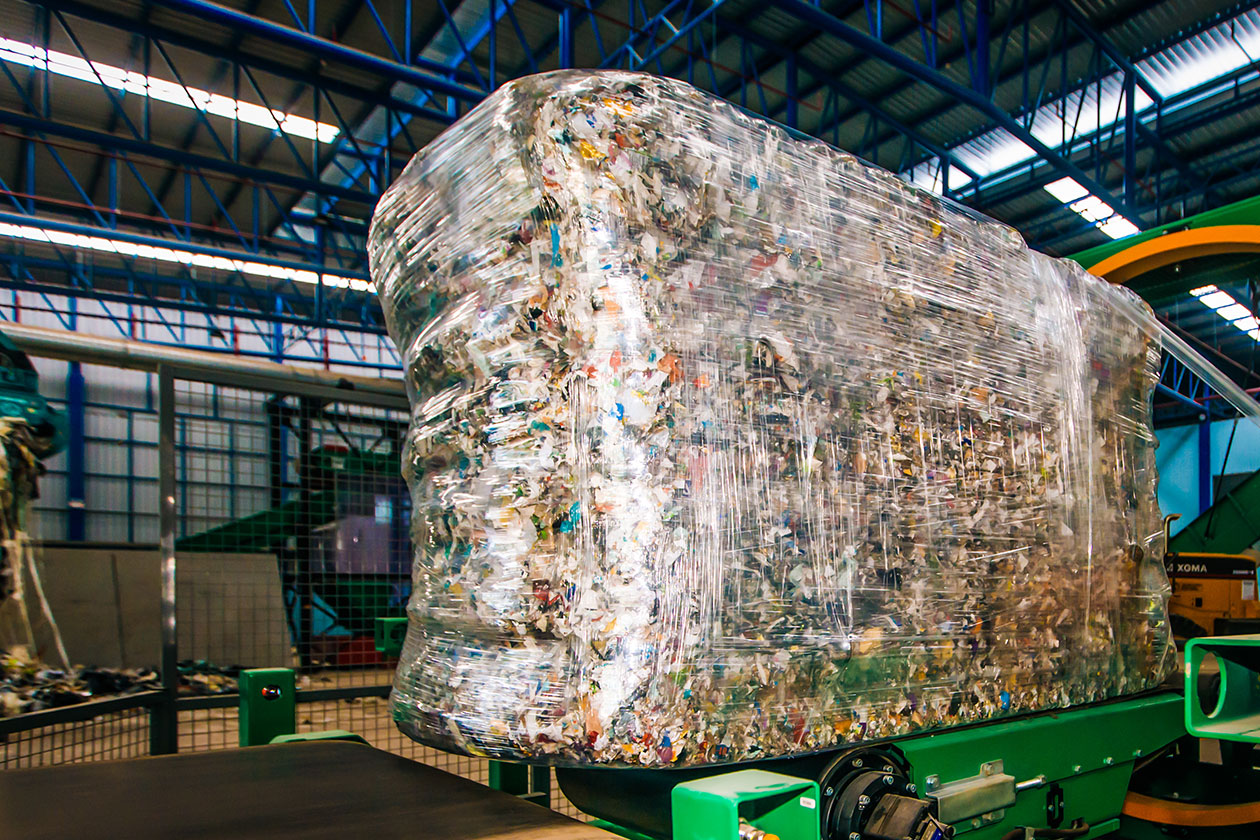We turn your garbage into big benefits.
Let us handle it from here!
Refuse-Derived Fuel (RDF) is fuel produced from municipal solid waste (MSW) and other combustible refuse. These are combustible materials such as non-recycle plastics and paper, which can be turned to fuel to create energy. RDF is a renewable energy source that ensures waste is not simply discarded into a landfill but is instead put to good use.
RDF is an emerging green fuel that contributes to a greener environment by generating alternative energy and resolving environmental issues related to waste disposal; it also allows for cost savings while reducing CO2 and other greenhouse gas emissions!

Advantages of utilizing Refuse-Derived Fuel (RDF)
- Waste is utilized to generate electricity.
- Alternative and renewable resources of fuel which is derived from municipal waste.
- Generate profits from waste management.
- Saving the land by using less landfills area.
- It contains Higher Calorific Value or Higher Heating Value.
The production of RDF is separated by different processing steps, such as: -
- Bag splitting/Shredding
- Size screening
- Air classification (density separation)
- Ballistic separation
- Separation of ferrous and non-ferrous materials
- Separation refinement through re-shredding
Legends:
A - RDF
B - Fuel Thermal Conversion Technologies
C - Energy Production
D - Society: Energy Use, Waste Production
E - Waste Segregation
F - Waste Sorting and Processing

